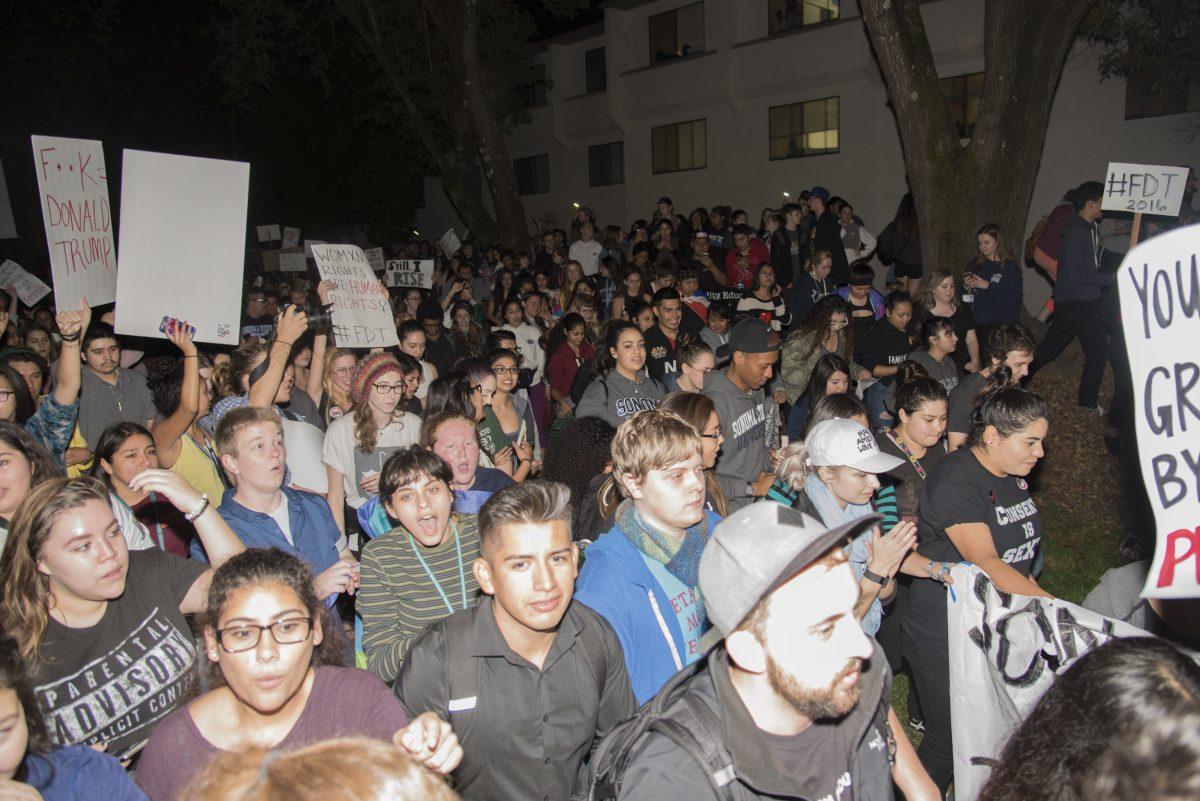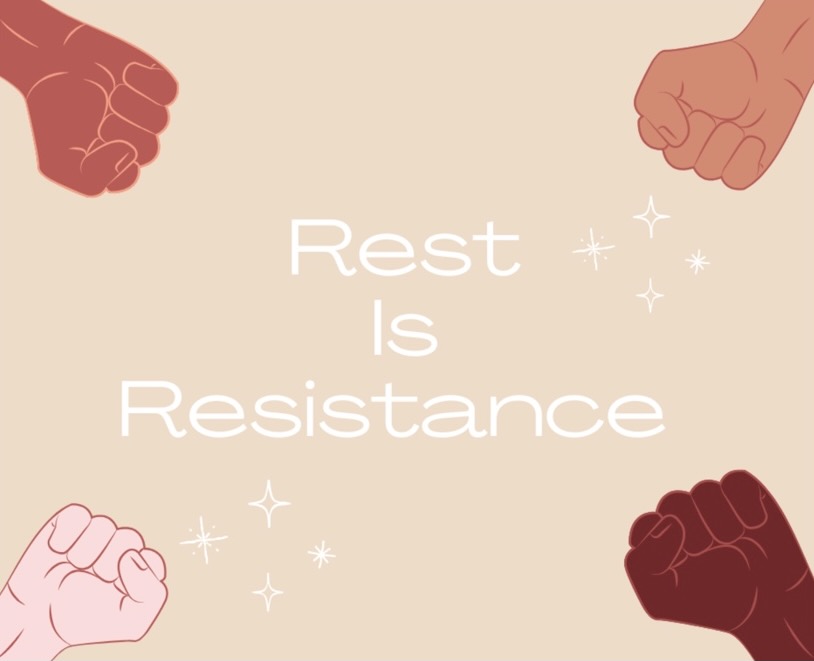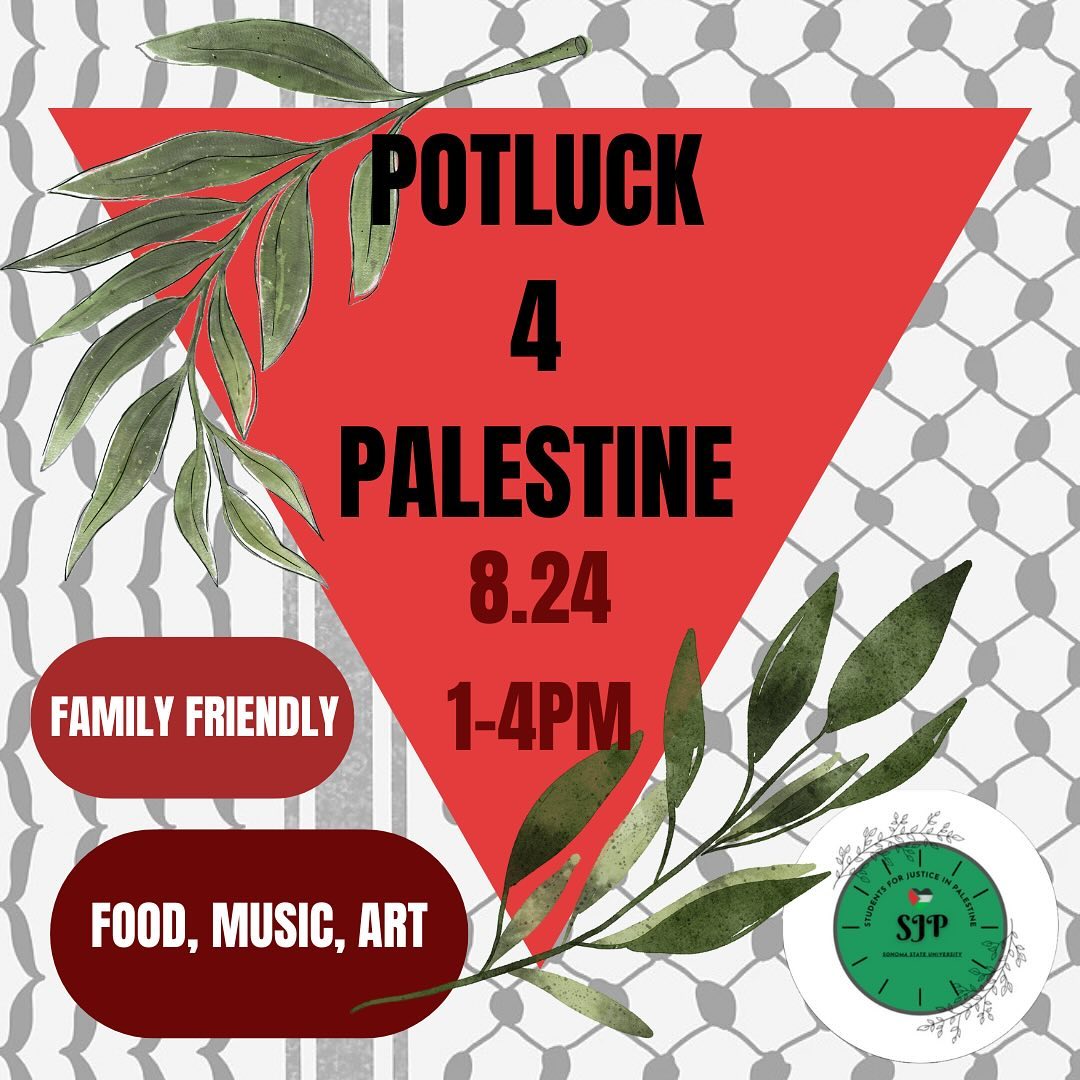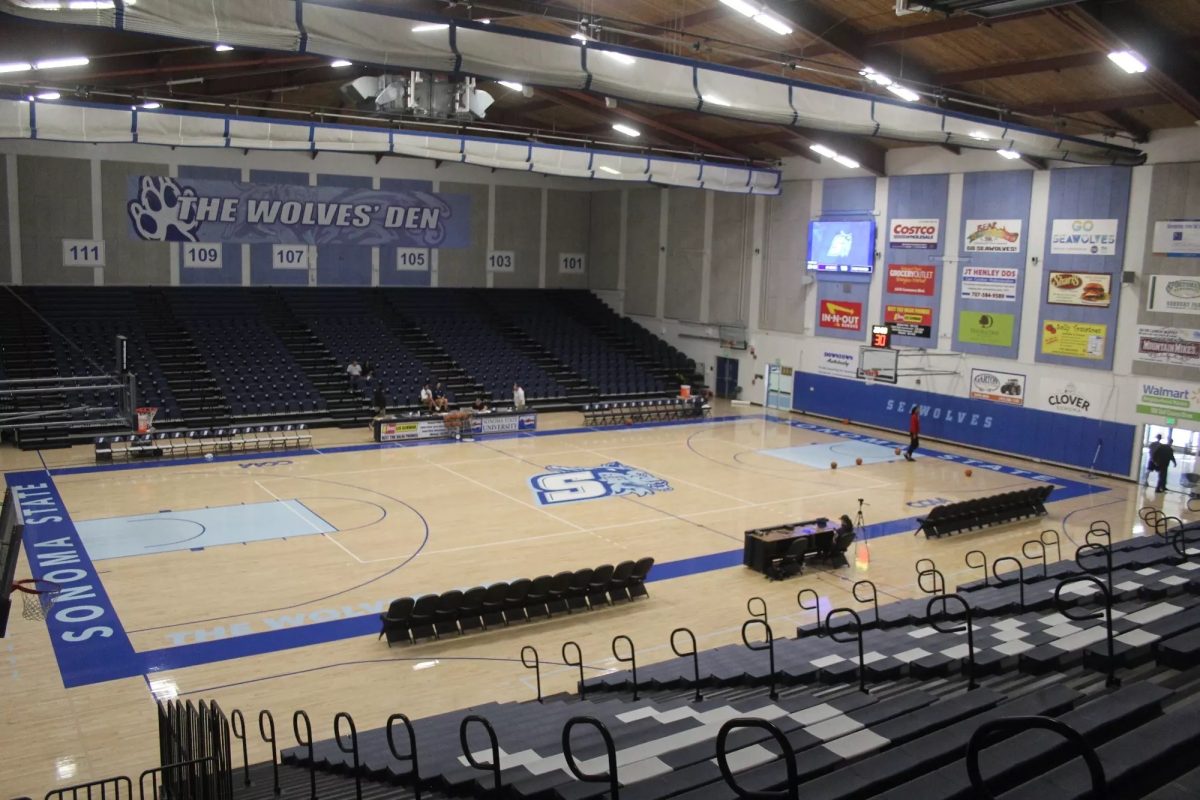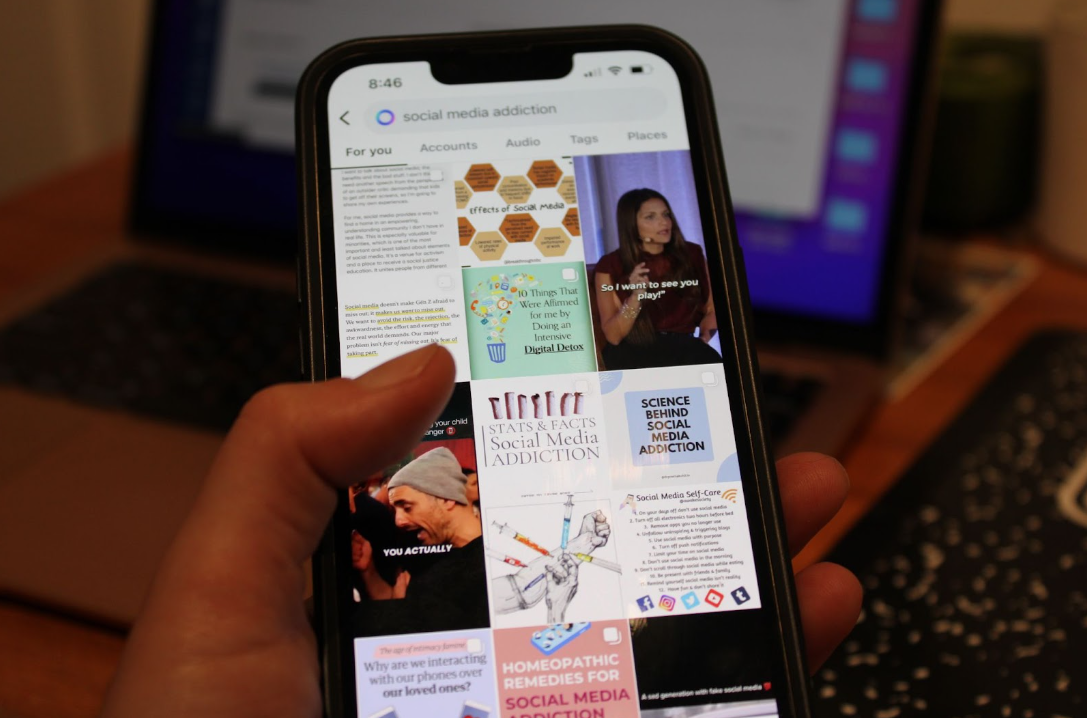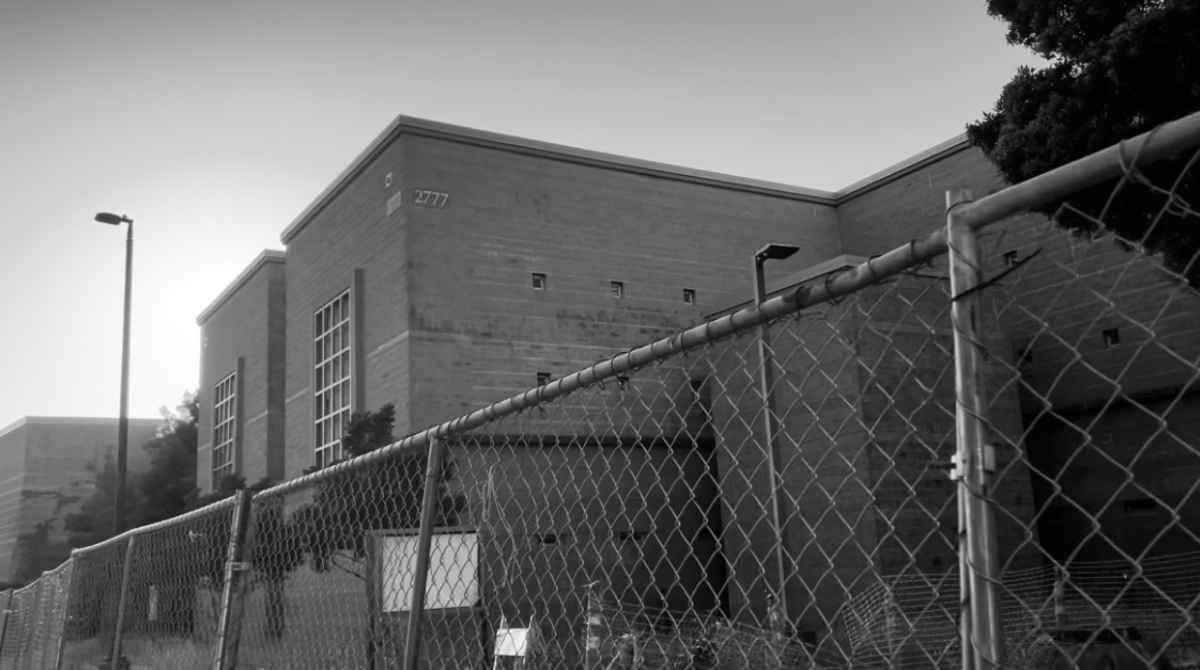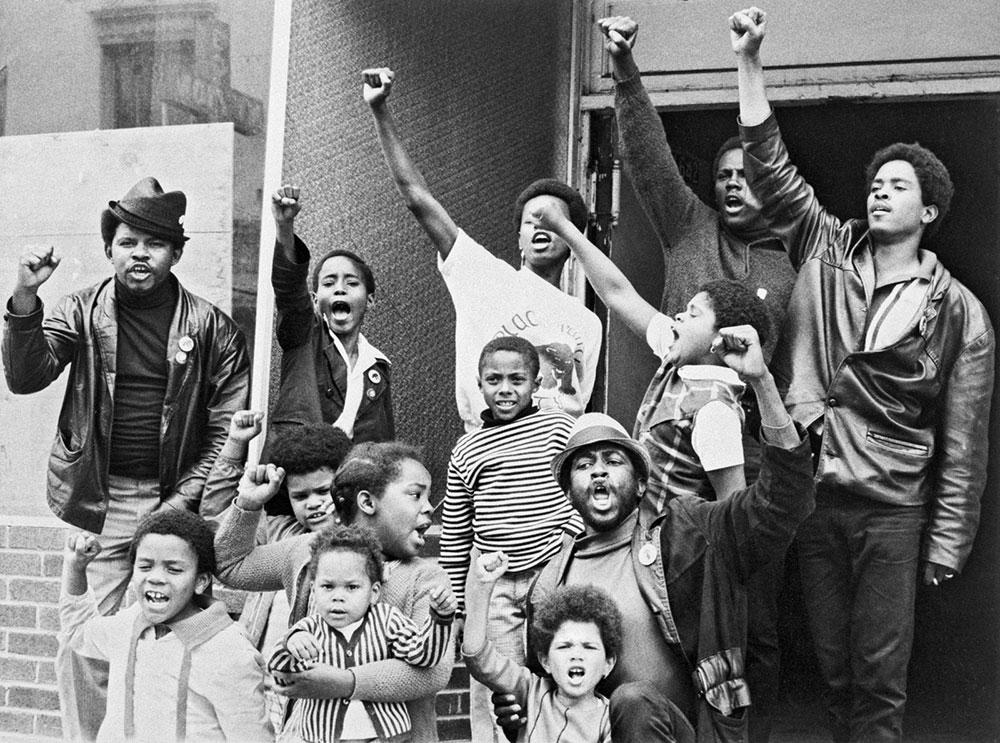Culture is defined by the customs, arts, social institutions, and achievements of a particular group. This country is built (amongst other things that are atrocious) on culture. Each culture brings something new to the table whether it be food, clothing, music, poetry, and even education and medicine. With different cultures surrounding us every day, it’s perfectly okay every once in a while to stop and embrace the communities that thrive in their culture, but embracing can turn into appropriation.
Fulani braids became Bo Derek Braids. Cornrows turned into boxer braids. Bantu knots are now called mini buns. Many celebrities with no connection to African ancestry in the recent years have taken ancient hairstyles known to the black community as second nature and turned them into a trend for the week, easily being able to enjoy the access to black culture. Meanwhile, many black women and men, girl and boys. have to deal with the discrimination fo their hair in schools and workplaces. So much so that the city of New York had to pass a bill ending the discrimination of hair in the workplace. That means for the past decade, black people have been turned away and fired for their natural hairstyles.
Chairwoman of the New York City Commission on Human Rights, Carmelyn P. Malalis, told the New York Times “There’s nothing keeping us from calling out these policies prohibiting natural hair or hairstyles most closely associated with black people. They are based on racist standards of appearance.”
Housing in urban areas now belongs to rich tech workers looking to redesign the area, erasing the culture and history of the hood. The toll that gentrification takes on its black citizens is heavy, as black families have to uproot themselves from their community and culture and move to the outer cities of the region. “What people don’t understand is this “hood” culture is something that some people have to live by in order to live, you know?” says Ralph Redus, a third-year computer science major at Sonoma State. Ralph speaks of experience from living in a now gentrified West Oakland, where even some of the community murals have been changed to the newcomer’s discretion.
“So when you see people just doing it because of it “trendy” or the wave, it’s disrespectful because people actually feed their children off doing what people in the hood do. It’s just kind of offensive and it makes it look like everybody can do it when everybody is not built for it,” says Redus.
Hip-Hop has been declared the most listened to genre since 2014, but the fanbases of the community-based genre are shifting as the hip-hop culture is being shared. Many hip-hop artists have multiple songs about their hardships living in the hood dealing with gangs, poverty, and the struggles of being hustlers. The issue is not that non-black people enjoy hip-hop, but that non-black person that listens to hip-hop embodies the genre at surface value, not really understanding its deep-rooted origins in the black community, as if hip-hop itself is a fashion trend.
Even the debate of black artists saying the n-word in their songs, but not allowing their white audience to say the word is wrapped in the erasure of black culture. Deriving from the hard -er version given in the times of slavery, it is a term of endearment for the black community; a word that has been in the community for decades. Non-black people have become defensive when artists tell them they can’t say the n-word.
It’s hard to be black in America with the systems of power unfairly ruling black people out and racism being ever prevelant. To have black culture stolen puts another layer on the already rising frustration black people have in America. Black culture is the beating drum and the heartbeat of the black community, and it is high time white people and non-black people of color start respecting the culture, while it’s still here anyway.


